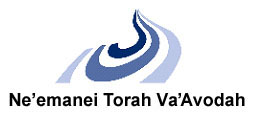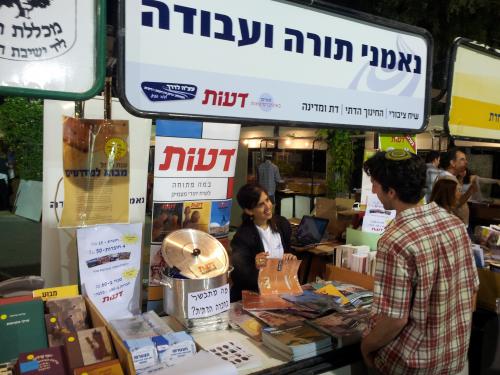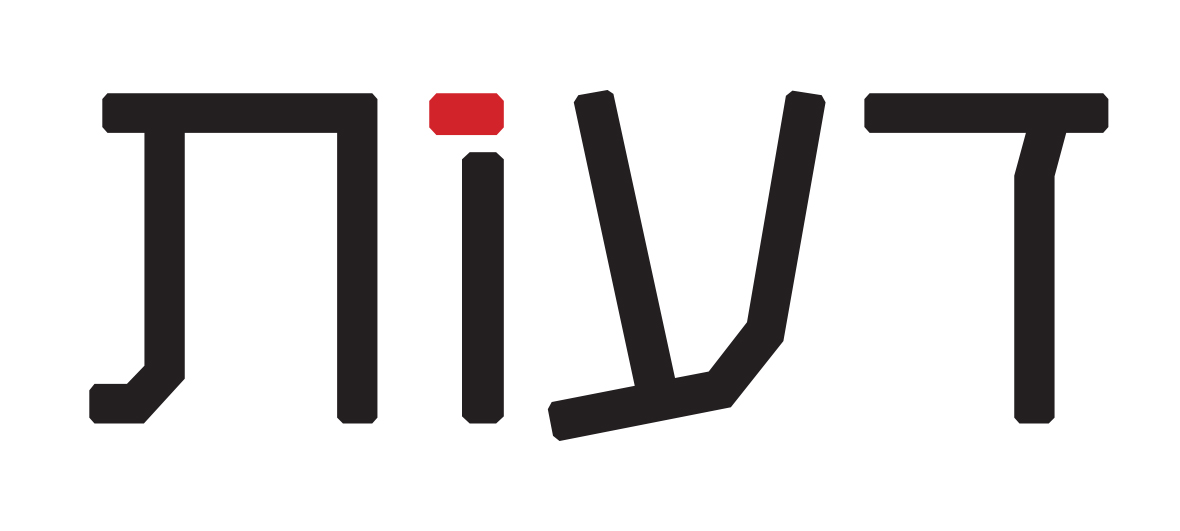De’ot
Within Ne’emanei Torah Va’Avodah’s mission to create an ongoing open dialogue about Religious Zionist values and Israeli society, we publish a journal five times each year. This scholarly publication brings questions such as moderate Judaism, religion and state, homosexuality in religious society, and women in the synagogue to a wide forum for discussion.
De’ot, Ne’emanei Torah Va’Avodah’s journal, was established to provide Israel’s Religious Zionist community with the opportunity to discuss issues and problems that are often ignored as the cultural and religious discourse within Israel’s religious sector becomes increasingly homogeneous and limited in its approach. De’ot provides a medium for the opinions of many unconventional thinkers and encourages discussion on social and educational topics that are often considered taboo.
The views published in De’ot all have their roots in traditional halacha but are open and sensitive to the social issues of the day. Thus, De’ot was the first journal to address topics such as the participation of women in synagogue services and Torah-reading, homosexuality in the religious community, domestic violence among religious couples, halachic rulings regarding the use of the Internet, and premarital relationships – all explored within a religious context. The journal also publishes essays on Jewish-Israeli identity and expresses innovative ideas about reshaping Religious Zionism and maintaining its relevance. Its contributors represent the entire spectrum of Religious Zionist thought. The unique nature of the journal and its message has been a positive factor in advancing pluralism within the Orthodox community.
We hope to expand the number of annual issues to nine, three of which will be in English. We believe that the English-speaking community has much to contribute to the discourse found in De’ot and we feel that it is vital to draw them into this dialogue.
Our flagship journal is published five times each year; it has a (paid) readership of about 500 people and another approximately 1,000 institutions and public opinion leaders receive it for free.
We are pleased to have the support of two important friends in this endeavor: the Religious Kibbutz Movement and the Ministry of Education. The remainder is paid for by subscription fees, advertisements, and contributions.
The planned expansion to six annual Hebrew issues and three issues in English would incur an additional cost of $30,000.









